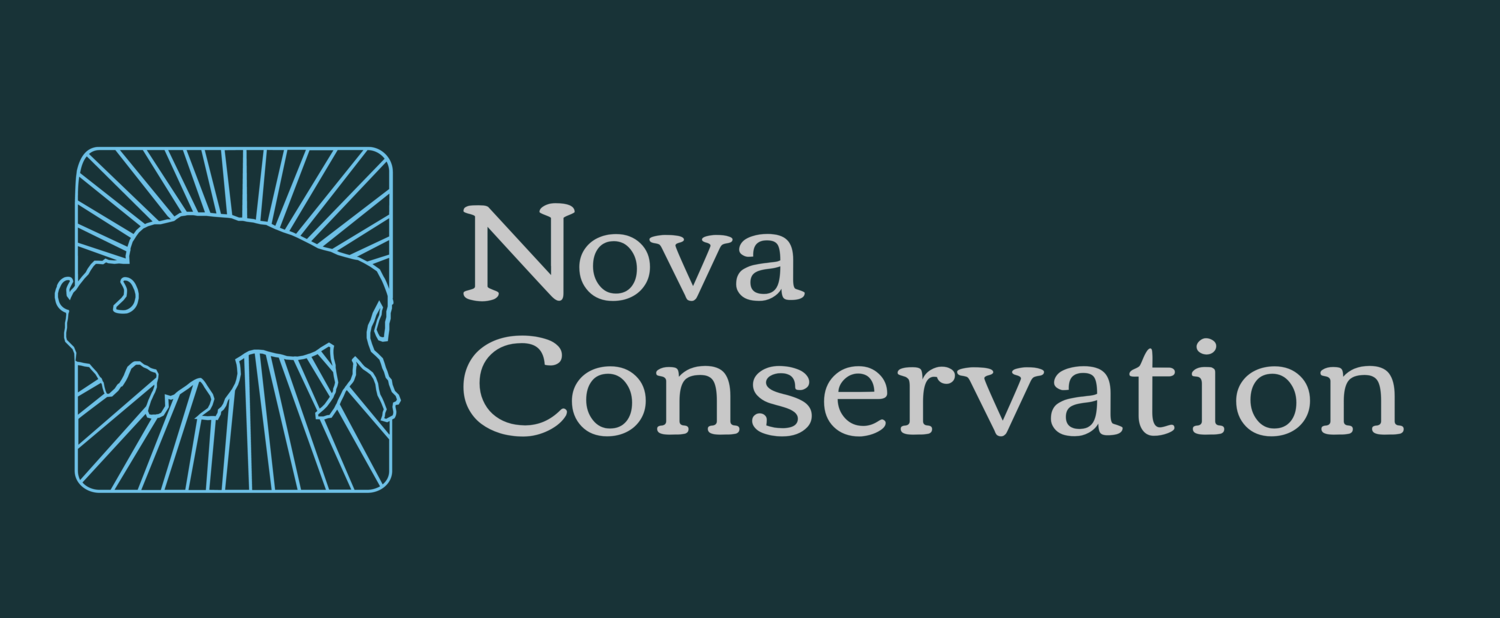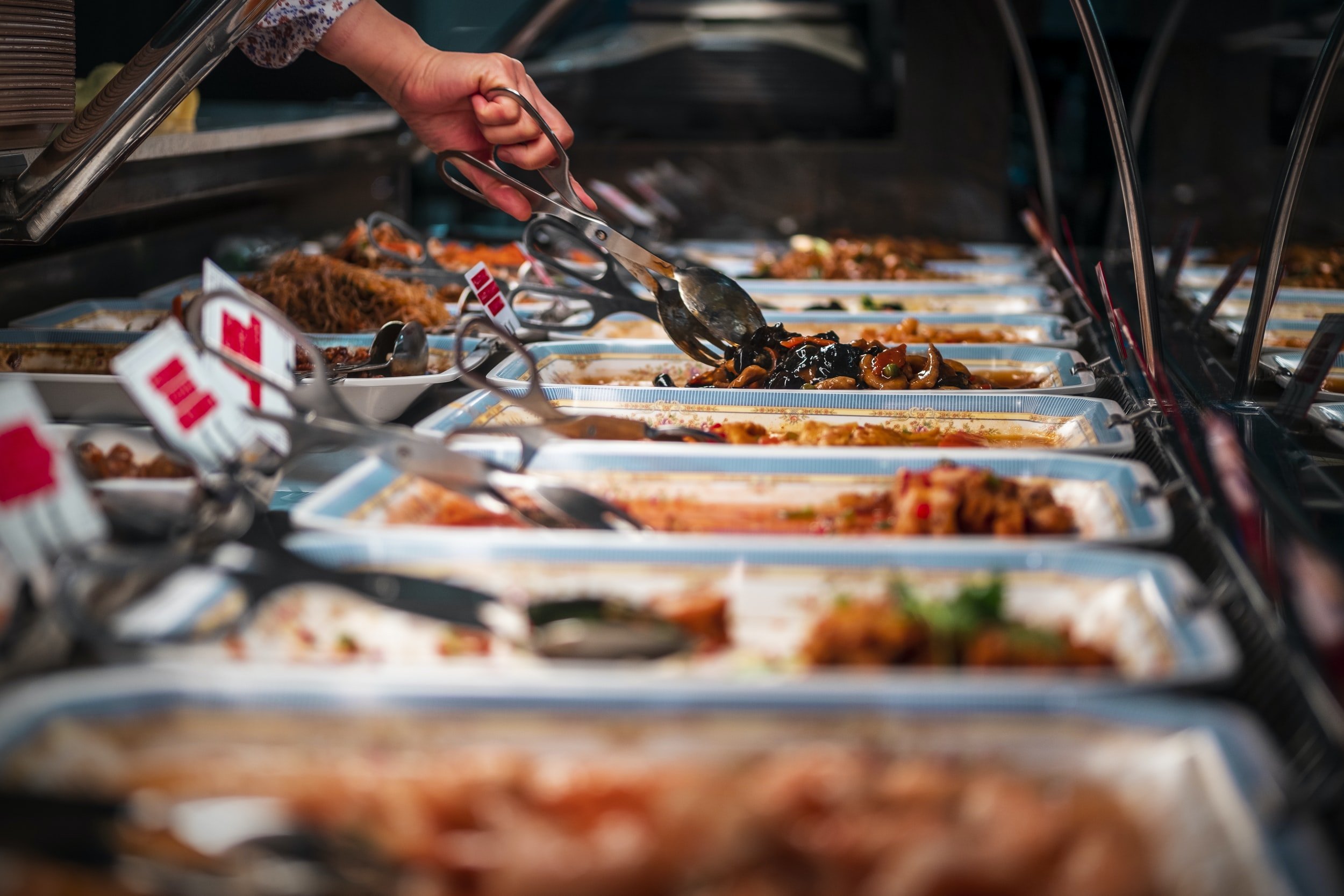Five Things To STOP Doing To Better The Health Of The Planet…And Your Body!
You may already know how damaging these 5 things are for our earth, but you might be surprised to hear how cutting them out can positively impact your health. Once you cut out these 5 things, you’ll feel better in more than one way.
These massive floating luxury resorts have a dark secret.
5. STOP going on cruises.
I’ll start with a controversial statement: The cruise industry is a nasty, money-grabbing capitalistic scheme that needs to be stopped immediately.
This video does a great job summarizing the devastating ways cruises harm the planet, like this: Cruises produce millions of times more pollution than cars.
And cruises are entirely optional, whereas cars, for many of us, are not.
The main reason is this: When in international waters, cruise ships are not required to abide by any one country’s laws. Cruise ships exploit this and it becomes a pollution free-for-all. For example, to save money, raw sewage and untreated heavy fuel are dumped into our waterways.
I get it! Hauling our crap, literally, gets expensive! Dumping it is waaaaaay easier.
There’s a reason it’s a long-standing joke to just “Take to the sea!” (Any Arrested Development fans out there?) In international waters, it’s easier to get away with all sorts of misdemeanors.
As if this isn’t all bad enough, to make matters worse, many ships also dump the pollution waste that results as a by-product of “cleaning” cheap fuel.
Let me say that another way: Cruise liners claim to make their fuel “greener” by scrubbing it, removing toxins that reduce air emissions.
But then they turn around and dump that poison into the ocean.
This has got to stop. We need extreme regulations and watchdogs to make sure companies can’t get away with this in the name of a cheaper cruise.
But in the open ocean, it is hard to track down these polluters.
And on land, capitalism wins, because who doesn’t want the cheaper vacation?
According to Forbes.com, “without standards and strictly enforced international rules, the cruise… industry is likely to continue side-stepping many of the possible solutions.”
Why this is bad for your health
How can boycotting cruise ships positively impact your health?
Easy.
What else is there to do on a cruise (if you, like me, hate tacky magic shows and piano bars) except eat? You could literally save thousands of unnecessary calories without the temptations of food 24/7.
For your next vacation, choose something that positively impacts the planet. Check out our blog here for some ideas to go on a #conservationvacation with Nova Conservation.
4. STOP using anything with palm oil
Due to the abundant oil that palms produce, large quantities of oil can be harvested for very little cost.
Unfortunately, palm trees like low-lying, humid, tropical habitats to grow and thrive. And guess where extremely high levels of biodiversity are? You may have guessed it- the tropics.
By deforesting these highly productive, richly biodiverse areas, a monoculture is created: One crop grown in repetition, which is devastating for native plants and animals.
I’ll admit: I am the one that sees a “Sustainably sourced palm oil” symbol on things like peanut butter, and feel better about that purchase. Though it’s a good initiative, there is scientifically no such thing as sustainable palm oil. It’s best just to avoid it altogether.
Why this is bad for your health: Though fats from plants are generally preferred over animal and trans fats, palm oil is still high in saturated fat and raises “bad” cholesterol. Stick to the fats from other, more ethically sourced plants, such as organic olive oil and organic avocados.
The next time you’re at the grocery store, be sure to check those labels! Anything with palm oil: candy, coffee creamers, lotions, make up, etc., can go back on the shelf. The world, your body, and the orangutans will thank you.
Editor’s note: Palm oil has a myriad of other names (over 600 in fact!), so be sure to avoid all these most common culprits too: Palm kernel oil, Palmate, Sodium laureth sulfate, Stearic acid, Vegetable fat, or Vegetable oil.
3. STOP drinking bottled water
Thanks to the Safe Drinking Water Act, most of the tap water through the United States is safe to drink. If you stop and think about it, this is a HUGE accomplishment.
Clean, safe, drinking water for the 330 million people that live in our country is made possible thanks to regulations put in place by federal government. Most countries do not have such a gift dripping from their taps, and yet we take it for granted.
This is a tangent I could go off on: Why we need federal oversight for things as universally important as clean water and clean air…you know, basic human rights. But instead, go check out our other post on 5 Documentaries To Help You Become a Woke Environmentalist.
Unless you live in Flint, Michigan, or another area that’s facing environmental justice crises–usually poor or minority communities (another topic for another day) there is no need to buy plastic water bottles. Zero.
If straight-from-the tap doesn’t suit your palette, there is a host of filtration systems you can get. But just please: No more plastic water bottles!
I haven’t even talked about the plastic in our oceans! But hopefully you know how massive a problem that is already with the Great Pacific garbage patch.
And since plastics never fully degrade–they just keep breaking down into smaller and smaller bits–we are literally turning our oceans into plastic.
Why this is bad for your health: Do you remember that factoid that we eat one credit card size of micro-plastics every year? Last I checked, plastic in our bodies is not good for our health.
Reduce plastic waste. Say no to plastic bottles. Remember that as a consumer, you have power.
Bottom line: Drink that water for your health, and reduce plastic in our waterways for your health.
2. STOP throwing away your kitchen scraps
Composting is one of the simplest and cheapest ways to reduce your impact at the landfill.
Emily has a great blog on how you can easily and (cheaply) get started here, but I’ll also give you my run-down. In our years of composting, we have purchased only two things:
A tumble composter (a nice high quality composter will be worth it in the long run, and thus better for the environment. Here’s a more affordable one)
A countertop kitchen scrap bin with charcoal filter.
Here’s how it works: We dump our organic waste like banana peels and coffee grounds into the metal bin throughout the day, and dump the whole thing in our big tumbler every few days. Voila!
1. STOP eating red meat (or at least limit your red meat consumption)
This is number one on our list because the amount of greenhouse gases produced from the cattle industry is astronomical. In a previous post, we recommended the documentary Cowspiracy for a good reason: The facts are striking and scientifically backed.
For example, did you know that the livestock industry and its byproducts accounts for 51% of worldwide greenhouse gas emissions (GHG)? Or that if you were to combine the GHG emissions from the entire transportation sector, it would still be less than animal agriculture. The raising of animals and their byproducts are responsible for 18% of global GHG emissions, while transportation is at 13%. This is mind-boggling, and the main reason many people are choosing to go vegetarian or vegan where possible.
Due to the inefficient nature of a cows digestive system which produces methane, a GHG 25x more potent than carbon dioxide, land-use changes to raise livestock and the food they eat, and a host of other complicated, intertwining statistics, cows are horrible for the environment.
Why this is bad for your health: Red meat was recently linked to cancer, so avoiding it will help the well-being of both our planet and our bodies.
If you’re not ready to give up your juicy steak completely, you can make small changes here and there. According to The Hidden Cost of Hamburgers, cutting back as little as one hamburger a week can remove as much greenhouse gas pollution as taking your car off the road for 350 miles!
**BONUS**: STOP eating so much, period
Food waste is an enormous problem around the world: current estimates claim one-third of the global food supply is wasted. According to United Nations’ Food and Agriculture Organization, that’s $3 trillion worth of food that’s lost or thrown away.
Time and time again, experts agree that it is not a lack of food production that causes worldwide hunger, but poor food distribution.
Too much food goes to waste on shelves in grocery stores; meanwhile, millions of Americans go hungry each day.
Farmers produce crops that literally rot in storehouses and in the field; meanwhile, throughout the world, close to 800 million people starve.
We need better systems. In fact, farmers will actually profit from more streamlined systems of food waste.
It’s discouraging to think about these challenges, but there is a simple way you can help: Buy only what you will eat, and eat less overall.
Why this is bad for your health: The average American eats 3,682 calories per day. This is well above the recommended amount by almost double, and more than any other country. Even worse, most of that is fast food, greasy, calorie-laden choices, where palm oil and red meat abound (and we’ve already seen how bad those are for the planet).
This is going to sound controversial, but by simply eating less–less calories, less fast food–is a smart choice. Limiting your caloric intake is the healthy route for our bodies and our planet.
The Takeaway
You’re probably reading this right now feeling very discouraged.
Don’t be. I want you to feel empowered.
You, as a consumer, have power. You have the power to vote with your wallet. You can choose not to go on cruises. You can choose not to buy products with palm oil, plastic bottles, and burgers. You can choose to shop and consume differently.
And companies will listen.
Though I’m no longer teaching Environmental Science, I think of these as the 5 most important takeaways from that semester.
You have power.
Use it wisely.
Class dismissed.










